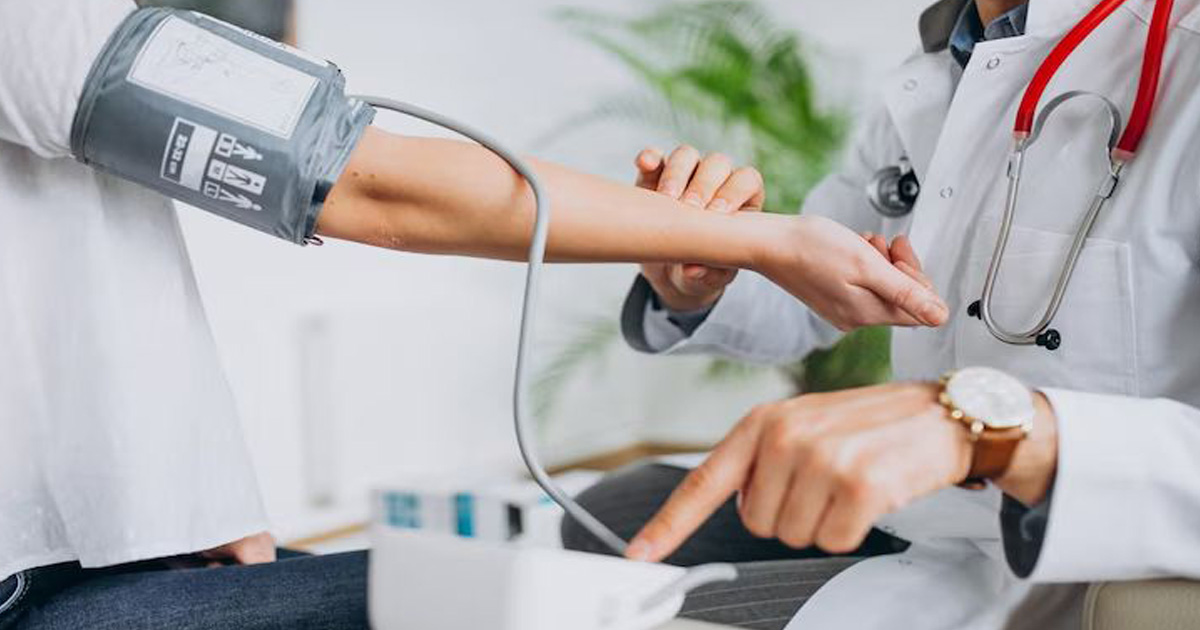As adults, it’s vital that we take charge of our health and get Vital Health Screenings regularly in order to detect potential health issues early. Adults should never skip vital screenings such as blood pressure checks, cholesterol testing and colorectal cancer screenings – blood pressure can lead to heart disease, stroke and kidney damage which necessitate frequent checks for high blood pressure levels.
Cholesterol screenings can identify risks for heart disease and colorectal cancer screenings can detect any abnormal growths in the colon or rectorectum. Other crucial screenings include mammograms, Pap tests and prostate cancer tests; it’s essential that you speak to your healthcare provider regarding which screenings would best meet your age, gender and family history needs. Don’t skip out on essential health screenings that could detect potential issues early and lead to improved health outcomes!
1. Blood Pressure Screening

Blood pressure screenings should never be skipped by adults. Hypertension, commonly referred to as the silent killer due to having no discernable symptoms, makes regular check-ups essential. Even if you feel healthy enough now, undiagnosed high blood pressure could lead to serious health issues including heart attack, stroke, kidney damage and blindness if left unchecked.
High blood pressure can often be treated successfully through lifestyle modifications and medication, as well as regular screenings to detect any early warning signs and take preventative steps to address them. Adults should receive blood pressure screening at least annually or more frequently if risk factors such as family history of hypertension or being overweight exist; don’t forgo this important health screening – it could save your life.
2. Cholesterol Screening
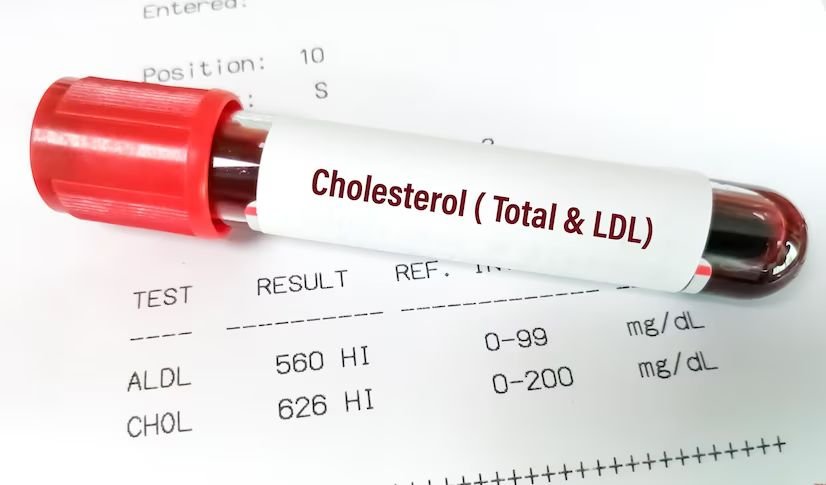
Cholesterol is an essential molecule produced by the liver that’s present in blood and should be in balanced amounts to enable proper functioning of our bodies, but too much cholesterol can lead to serious health problems like heart disease and stroke, so adults should receive regular cholesterol screenings.
As part of a screening, healthcare providers take blood samples to measure levels of LDL (bad) cholesterol, HDL (good) cholesterol, and triglycerides in an individual’s system. This screening allows healthcare providers to determine if lifestyle changes need to be implemented or medication needs to be prescribed to manage high cholesterol levels; skipping this screening could put individuals at risk of serious health issues; thus making this screening essential. Adults should get their cholesterol levels checked at least every five years or more frequently if additional risk factors such as family history of heart disease exist in their life.
3. Blood Glucose Screening

As we age, it becomes ever more essential that we monitor our health. One screening adults shouldn’t omit is blood glucose screening – this simple test measures blood glucose levels to detect whether you have or are at risk of diabetes, potentially saving their lives from its devastating consequences, such as heart disease, stroke, or kidney disease.
Through blood glucose screenings, it’s easy to spot issues early and take the necessary steps to manage your blood sugar. This could involve making lifestyle changes such as eating healthier food, increasing exercise levels and losing weight or taking medications to control it – don’t pass up this important health screening! It could save your life.
3. Eye Exam
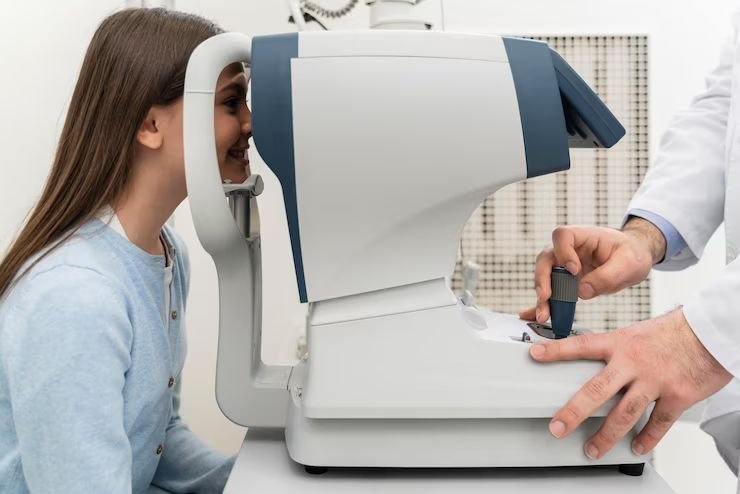
As adults, it can be easy to overlook the importance of getting regular health screenings. But one screening that should not be ignored is eye exams – an eye exam not only detects vision problems but may also identify diabetes or high blood pressure issues that need further investigation. Adults should undergo comprehensive eye exams every one to two years depending on age and risk factors.
Optometrists and ophthalmologists conduct comprehensive eye exams that involve checking for conditions like glaucoma, cataracts and macular degeneration as well as overall eye health issues and may prescribe corrective lenses if necessary. Don’t overlook the importance of getting regular eye examinations; not only can it improve vision but they may also detect potential health problems early.
4. Body Mass Index

As adults, our health should always come first and this is why regular screenings are vitally important. One such screening that should never be skipped is Body Mass Index (BMI), which measures body fat based on height and weight and serves as an invaluable way of gauging an individual’s overall health status. Calculating BMI allows individuals to determine whether or not they are at a healthy weight or whether or not they may be overweight or obese.
If your BMI falls outside the healthy range, it may increase your risk for various health issues, including heart disease, diabetes and high blood pressure. Therefore, it’s essential that your BMI be tested periodically so you can ensure you remain within a healthy weight range and take steps to address potential issues as soon as they arise. Don’t neglect this essential health screening – stay on top of your wellbeing!
5. Skin Cancer Screening
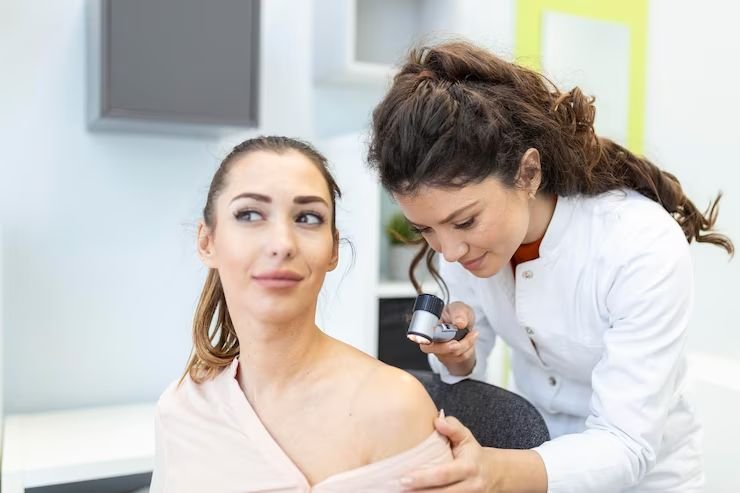
Skin cancer is the most prevalent form of cancer in America and can be fatal if left undiagnosed for too long. That is why adult individuals must schedule annual skin cancer screenings with their healthcare provider to detect any abnormal moles or growths on the skin that could indicate cancerous development. During a skin cancer screening exam, your healthcare provider will look out for any suspicious moles or growths and examine your skin carefully to look for any suspicious moles or growths that could indicate potential damage.
If they find any areas that appear suspicious, a biopsy will be conducted to ascertain if cancerous cells have formed. Regular skin screenings are especially essential if you have a family history of skin cancer or spend significant time outdoors; taking care to take regular exams with regular screenings could prevent or detect early symptoms of skin cancer and help save your life! Don’t put off scheduling one – it could save your life.
6. Bone Density Screening

Bone density screenings should be an essential health screening for all adults. With age, our bones become weaker and more likely to fractures or breaks; early signs of bone loss may require early treatment for treatment to stop further degradation of our bone structure. Women, particularly postmenopausal ones who have gone through menopause are particularly at risk for osteoporosis which causes weak and fragile bones that must be protected against further weakening.
Men can also develop osteoporosis, and regular screenings should be undertaken by both genders to protect their bone health and avoid fractures and breaks. Screening procedures are quick, painless, and noninvasive – perfect for use at doctor offices or specialty clinics. Adults can take control of their bone density screenings by scheduling regular screening appointments in their local community – providing control over future fractures or breaks with this simple measure.
7. HIV Screening

HIV screenings should be an integral component of adult health screenings. HIV, or human immunodeficiency virus, attacks the immune system and reduces an individual’s ability to fight infections and diseases. Although early signs may go undetected without testing, receiving regular HIV screenings allows individuals to identify early treatment and potentially prevent AIDS – a more serious and life-threatening condition from occurring.
HIV screenings typically consist of blood tests or oral swabs and are advised for individuals engaging in high-risk behaviors like unprotected sexual encounters or injection drug use, and pregnant women. Prioritizing HIV testing as an essential health screening allows people to take charge of their health while protecting both themselves and loved ones from transmission of HIV.
8. Cervical Cancer Screening

Cervical cancer screenings should be among the top priorities for adult women. Cervical cancer screening tests use precancerous or cancerous cells in the cervix (the lower part of the uterus). Early detection increases your chances of successful treatment and recovery significantly. Women should begin screenings regularly at 21 years old until 65. There are two forms of cervical cancer screening tests: the Pap test and HPV test.
The Pap test involves collecting cells from the cervix and examining them under a microscope, while an HPV test checks for presence of human papillomavirus (HPV). Both exams are quick, painless procedures that can be completed during routine gynecological exams. Failing to receive regular cervical cancer screenings increases your risk for this form of cancer; thus it’s vital that women prioritize their health by getting tested regularly.
9. Dental Checkup
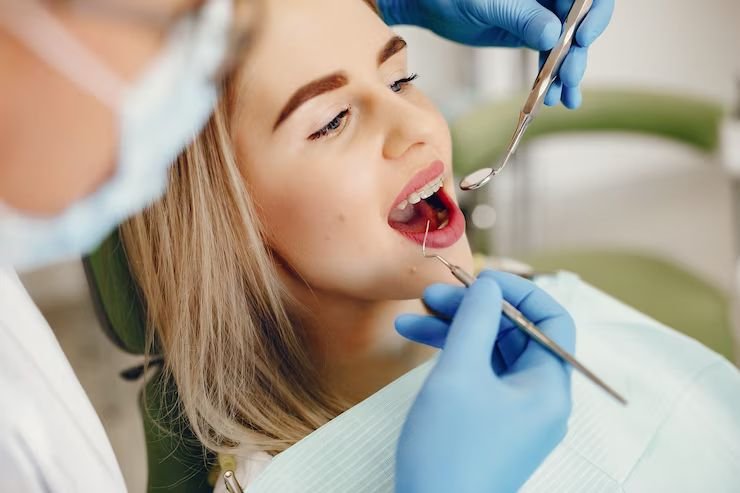
Dental checkups are an integral component of adult health screening that adults should never forgo. Regular trips to the dentist can help adults avoid serious oral health issues like gum disease and tooth decay, and at their checkup your dentist will examine your teeth, gums and mouth for any potential signs of trouble; clean them to remove plaque build-up; provide guidance for maintaining good oral hygiene practices – all essential elements to maintaining overall good oral hygiene!
Neglecting regular dental checkups can result in more serious dental issues that are both painful and expensive to treat. Adults should visit their dentist every six months; however, this recommendation may change based on individual oral health needs. By prioritizing regular checkups adults can preserve healthy smiles and head off any potential serious oral health issues.
10. Depression And Mental Health Screening
Depression and mental health disorders are increasingly prevalent, making regular screening for depression or mental health concerns essential. Mental health screenings provide healthcare professionals with an effective tool for early intervention and treatment of potential mental health concerns.
These screenings involve answering a series of questions designed to assess an individual’s current mental health status, including mood, anxiety levels and overall well-being. Adults should prioritize their mental wellbeing by seeking regular screenings if there is a family history of mental illness or they experience symptoms of depression or anxiety; keeping tabs on one’s well-being allows people to lead healthier, more fulfilling lives.
Conclusion
Depression and mental health disorders are on the rise, making regular screening for depression or mental health concerns essential. Mental health screenings provide healthcare professionals with a valuable way to identify early intervention opportunities when treating potential mental health concerns.
These screenings consist of answering a series of questions designed to assess an individual’s current mental health status, such as mood and anxiety levels and overall well-being. Adults should prioritize their mental wellbeing by seeking regular screenings if there is a family history of mental illness, symptoms of depression or anxiety exist or they experience symptoms themselves; keeping an eye on one’s wellbeing allows for healthier, more fulfilling lives.
Also Read : How To Prevent 8 Things That Can Damage Your Liver And Keep You Healthy!
